In the previous post we discussed religious sacrifices made by pre-Christian Slavs. We came to conclusion that, considering the historical context, our ancestors’ sacrifices to the Gods were of much higher value than our modern offering are. We also mentioned that, due to the nature of Slavic Gods, our ancestors had to be precise in their prayers – know exactly what they wanted to pray for, which God they wanted to pray to, when and how.
Today as promised we will discuss if it’s possible to adapt prayer/sacrifice rituals of pre-Christian Slavs for the reality of XXI century and - if so - how can it be done.
A disclaimer: this post discusses exclusively the issues off the worship of Slavic Gods. The issues of veneration of the ancestors will be discussed another time.
Read More






